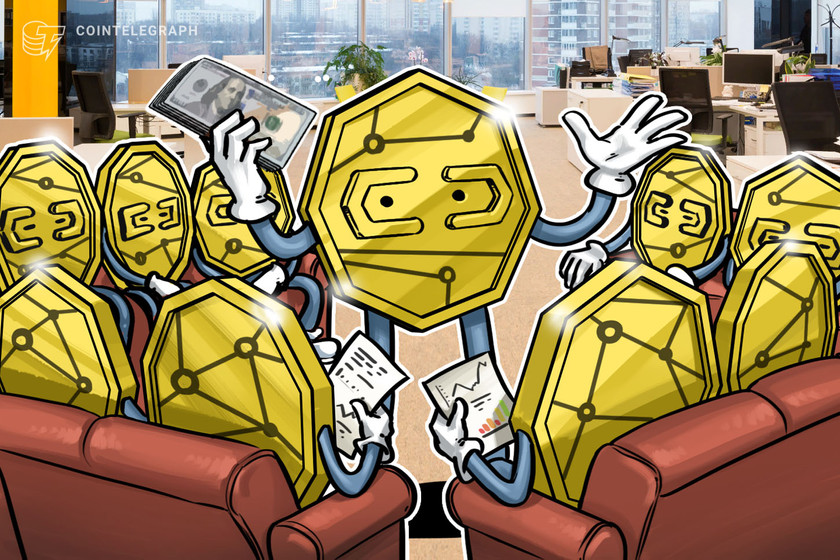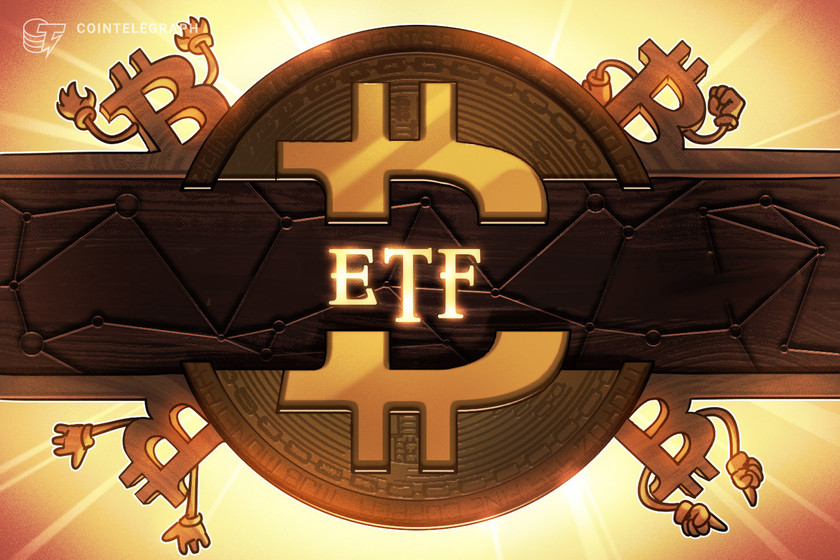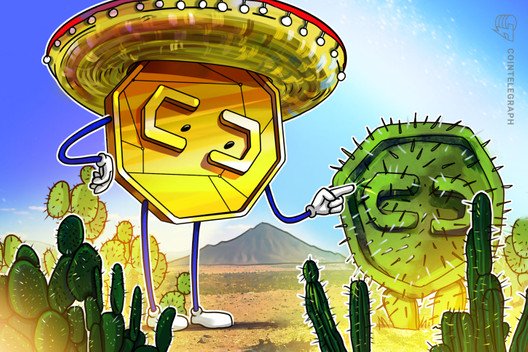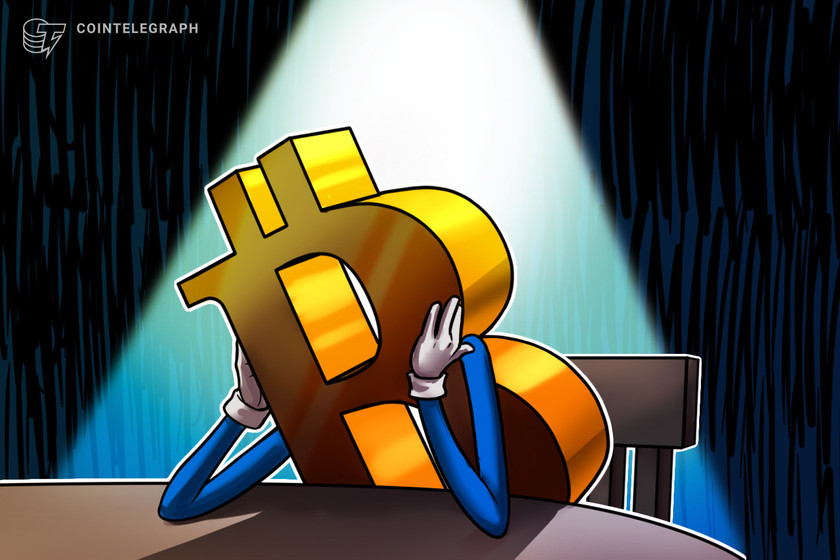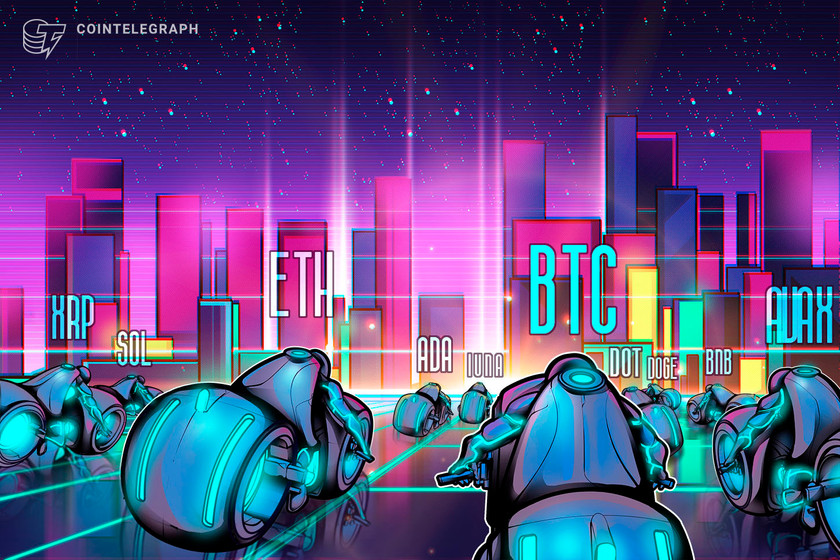Project aims to take on SAP ERP with decentralized apps
Energy Ledger CEO William Pete claims that their team has developed a decentralized ERP solution that integrates blockchain to supply chain management.
815 Total views
40 Total shares

Enterprise resource planning (ERP) solutions can be quite expensive, especially for smaller companies. While ERP giants like SAP try their hands at blockchain-based solutions, a relatively small team now aims to provide an alternative that delivers similar functions using decentralized apps (DApps).
In a Cointelegraph interview, William Pete, the CEO of Energy Ledger explained that by integrating blockchain technology, their team was able to develop applications that allow tracking and tracing supply chain logistics for products like crude oil.
“Major oil and gas producers have been looking at blockchain technology for years but their internal think-tanks have failed to create a solution,” says Pete. He claims that their team has stepped up to the task and managed to build an ERP DApp, with a mechanism that integrates blockchain to supply chain management.
“In 2020, WTI oil prices collapsed to negative rates due to flaws in how commodities transactions are settled,” says Pete. Supply data discrepancies have made it very difficult to properly settle transactions. However, Pete mentions that blockchain’s innate features solve this as it lets firms track their supply “down to the molecule.” This prevents such trading issues.

Blockchain tokens can be used to verify the integrity of data available. Pete says that they are using a token to “hash the data and compare against PDF files in IPFS.” This makes all information credible and is able to holds teams accountable for any product loss within the supply chain. Pete also claims that a blockchain-based alternative to SAP supply chain tracking can lower the costs by ninety-nine percent.
While many questions the effectiveness of carbon offsets, the Energy Ledger team also provides a way for companies to offset their emissions. They are utilizing nonfungible tokens (NFTs) connected to the Rainforest Alliance Certified Carbon Offsets to provide a selection of carbon offset projects for oil producers.
Related: Blockchain enables enterprise business models in the Metaverse
Back in 2018, U.S. retail giant Walmart started to develop a blockchain-based supply chain tracking system for suppliers. With blockchain benefits ripe for the taking, the company collaborated with IBM to create a system with end-to-end traceability. At present, the system’s implementation has reached even Walmart’s Canadian counterpart.

